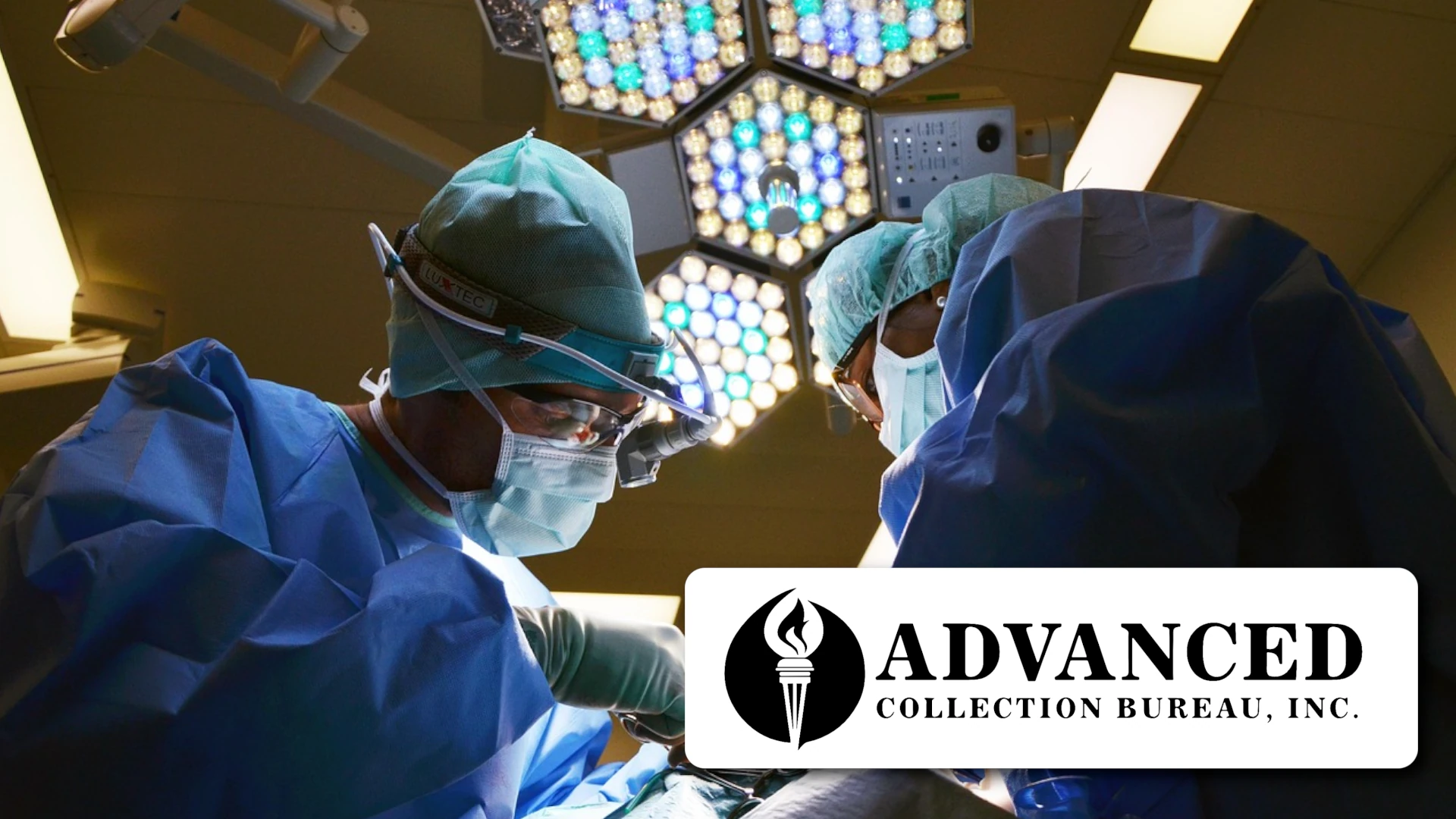Hospitals provide essential medical care, but unpaid bills remain a growing challenge for healthcare providers. Balancing hospital debt collection with maintaining positive patient relationships is a delicate process. Medical debt differs from other types of debt, as patients often face unexpected expenses and financial hardship.
Hospitals must recover unpaid balances to maintain financial stability, but they must also follow ethical and legal guidelines to protect patient trust. Finding the right approach ensures that hospitals remain financially secure while upholding their reputation and commitment to patient care.
Why Hospital Debt Collection Is Unique
Unlike other industries, healthcare providers deal with patients who often do not anticipate or fully understand their medical expenses. Many patients struggle with unexpected bills, insurance denials, and financial hardship. This creates a complex situation where hospitals must recover outstanding payments without alienating patients.
Additionally, hospitals must comply with state and federal regulations regarding medical debt collection. The Fair Debt Collection Practices Act (FDCPA) and the No Surprises Act both set legal guidelines on how healthcare-related debts can be pursued.
Challenges in Medical Debt Recovery
Communication Barriers
Many patients do not fully understand their medical bills. Hospitals must provide clear, transparent communication regarding costs, insurance coverage, and available financial assistance.
Regulatory Compliance
Hospitals must ensure that their debt collection practices follow federal and state regulations. Violations can lead to legal issues and damage a hospital’s reputation.
Patient Trust and Reputation
Aggressive debt collection tactics can lead to negative public perception. Hospitals must find a balance between financial responsibility and compassionate patient care.
Best Practices for Ethical Hospital Debt Collection
Hospitals can improve debt recovery rates while maintaining patient trust by following best practices in hospital debt collection.
- Offer Payment Plans – Many patients cannot afford to pay their bills in full. Flexible payment plans make it easier for patients to meet their obligations.
- Ensure Clear Billing Practices – Providing itemized statements and explaining costs helps prevent confusion and disputes.
- Provide Financial Assistance Information – Hospitals should inform eligible patients about assistance programs and options for reducing their financial burden.
- Work With a Professional Collection Agency – Partnering with an experienced medical debt collection agency ensures compliance with legal requirements while maintaining ethical collection practices.
The Role of Professional Debt Collection in Healthcare
Hospitals can benefit from working with a professional debt collection agency that specializes in medical collections. A trusted agency helps hospitals:
- Improve debt recovery rates through structured collection strategies
- Ensure legal and regulatory compliance
- Use patient-friendly communication to preserve relationships
At Advanced Collection Bureau, we provide hospital debt collection services that focus on compliance, professionalism, and ethical recovery practices. We help healthcare providers recover outstanding medical debts while protecting patient trust.
Work With a Trusted Medical Debt Collection Partner
Hospitals must balance financial stability with ethical patient interactions. Understanding hospital debt collection best practices ensures that providers recover debts while maintaining a compassionate approach.
For ethical and compliant debt collection solutions, Advanced Collection Bureau offers professional recovery services tailored for healthcare providers. Learn more by visiting Work With Us today.














